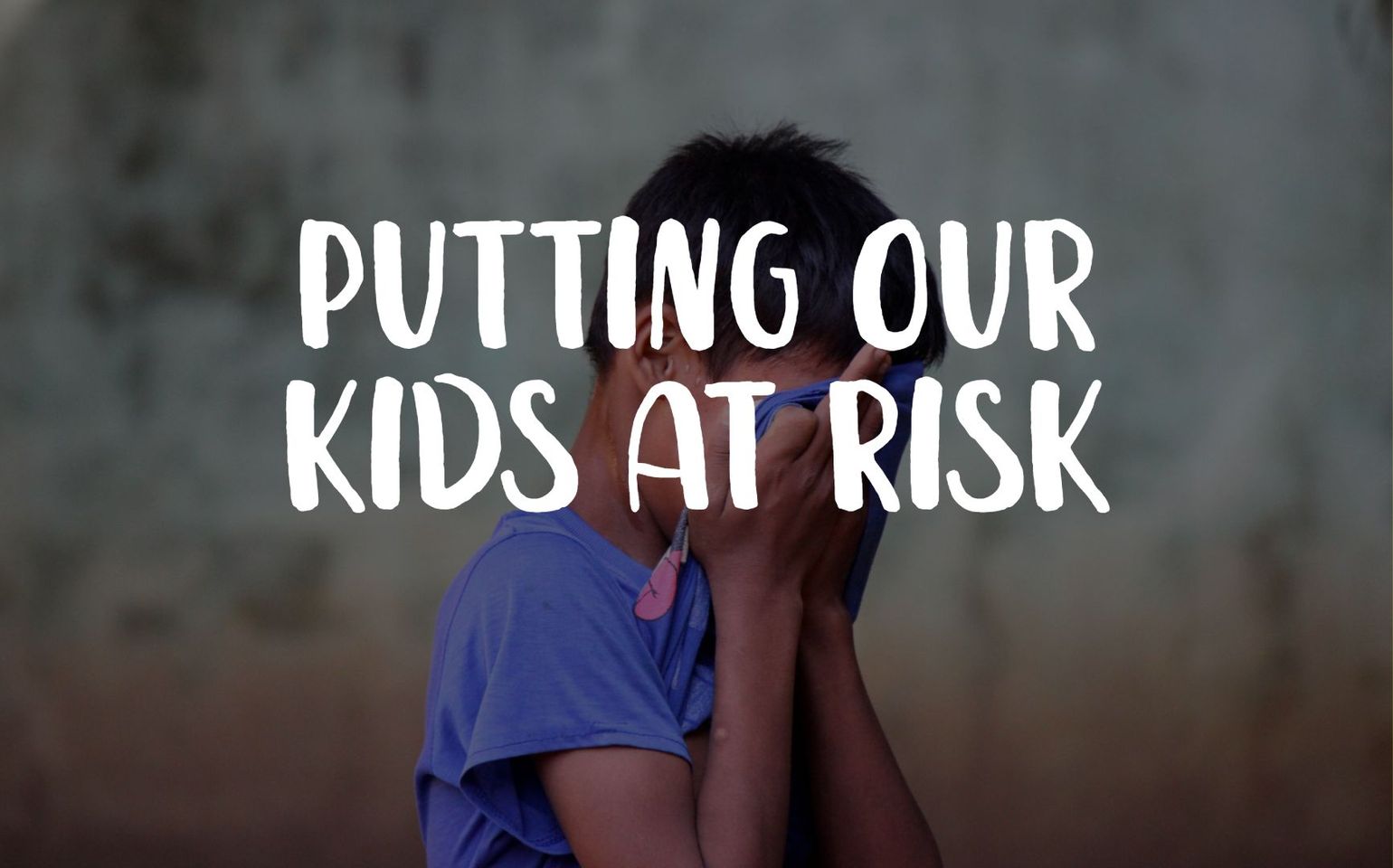Our pornified age comes through obvious means. In fact, it’s the bread and wine of secularism being dispensed freely to all who would parade themselves in drag hour at the local pub or public library. But it’s one thing when it comes from the hands of vicious paganism, it’s another when it comes naively through the dispensing hands of parents.
And if there is one consistent regret I have heard from parents over the years, it’s the regret that they gave unfettered or barely monitored access to the internet to their children. Part of the problem in our day is that most parents have little or no clue how the cyber-world functions and, as a result, are completely clueless about the infinite amounts of worlds one link can open.
When a parent places an iPhone in the hands of his seven-year-old unsupervised, he subtly permits for that child to navigate and indwell a separate eco-system from reality. The most naive exploration may contain links that can easily take a child to a browser than can easily grant him the ability to type something in a search engine that easily leads him to pornographic images. Does my illustration assume too much? Does it jump too fast from one thing to the next? For the record, the process enumerated above takes between 8-13 seconds. And, as Net Nanny states, 1 in 10 children under the age of 10 will have seen porn. My scenario is more common than one might think.
But where is that child learning such techniques? Apart from the normal environments, you should know that children are more intuitive than you think. There was a time when a child felt trapped in a maze and would scream for help, but now for many, the maze is their home, and they remain happily trapped in it.
The language those of us born before 1980 grew up with was a fairly simple way of looking at the world. If we wanted to look something up, we had to get a lexicon or an encyclopedia. Today, the language of our children–and you can’t escape it–is already shaped to accept these dangers. Therefore, uninvolved parents, or parents who remain relatively naive about our world, will be suddenly shocked when their little children know much more about the sexual ritual at ten than they did at 17.
Among the many responsibilities of parents is the responsibility to deliver their children from evil. This means that they are to direct their children away from “intentionally tempting temptation,” like poking a dormant ferocious animal for the mere high it provides. “Deliver us from evil…”Lead us not into temptation.” Yes, the Lord’s Prayer presents us with a parental paradigm in many ways.
Children mature at different levels, and exposing them too early can be devastating. Parents need to exercise wisdom. No good parent would throw their children into a dangerous situation, but they may unknowingly. The world of cell phones–and social media by extension–provide such an opportunity. The question is not whether we should wait until a certain age or whether we should trust them with such a tool, but rather, “What are we doing in the process to equip them to handle such a responsibility?” In my estimation–except for a basic home cell for emergencies–no child or teenager needs an all-access cell phone until they start driving.
We can no longer shelter ourselves from these conversations. We need to start raising these questions and entering into these conversations early. Free access to the virtual world represents the opening of communication doors. Are our children equipped to handle this new world? How have they behaved and reacted to the local communication they experience? How many conversations about the nature of conversations have transpired at dinner tables? Have their experiences been positive? Or have they been quickly sucked into a false model of community where communication serves our selfish ambitions and desires?
Communication is stewardship; if they are allowed to enter into a foreign world young, we shouldn’t be overly surprised that they have already been courting the false gods of pornography.
















